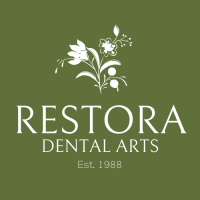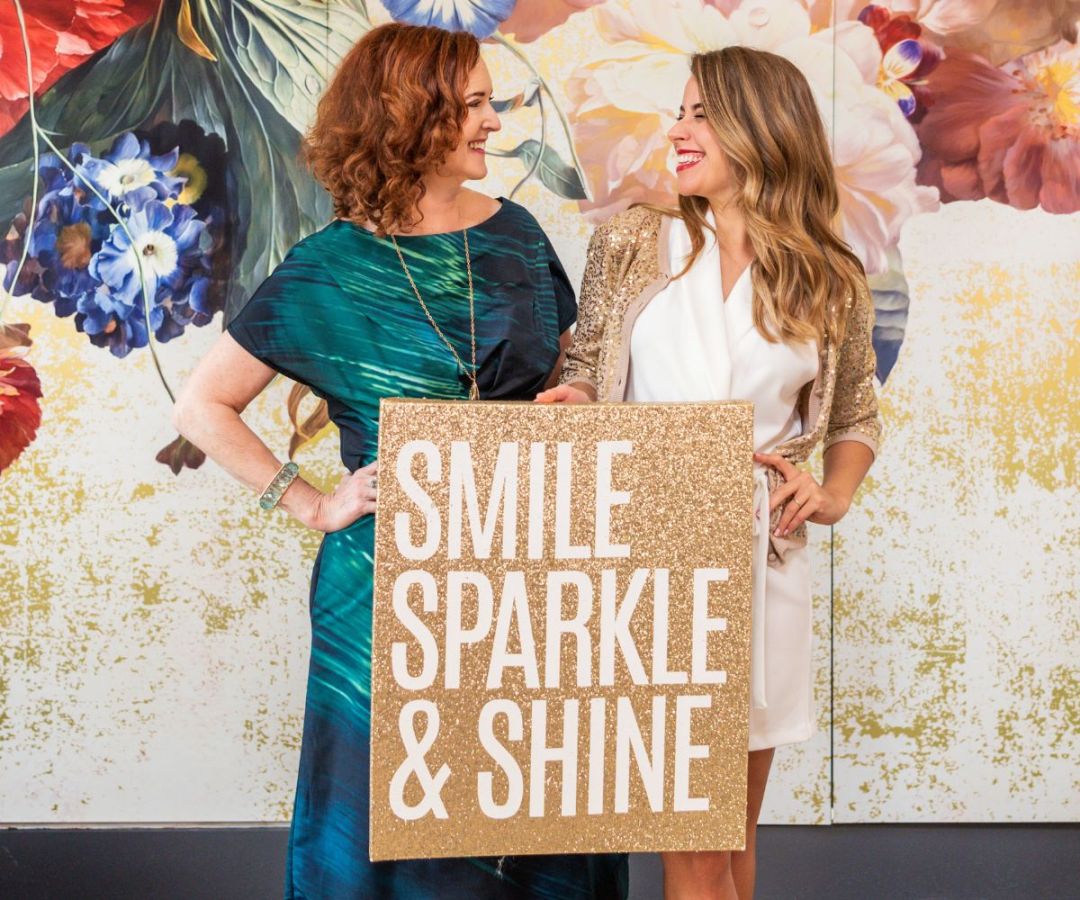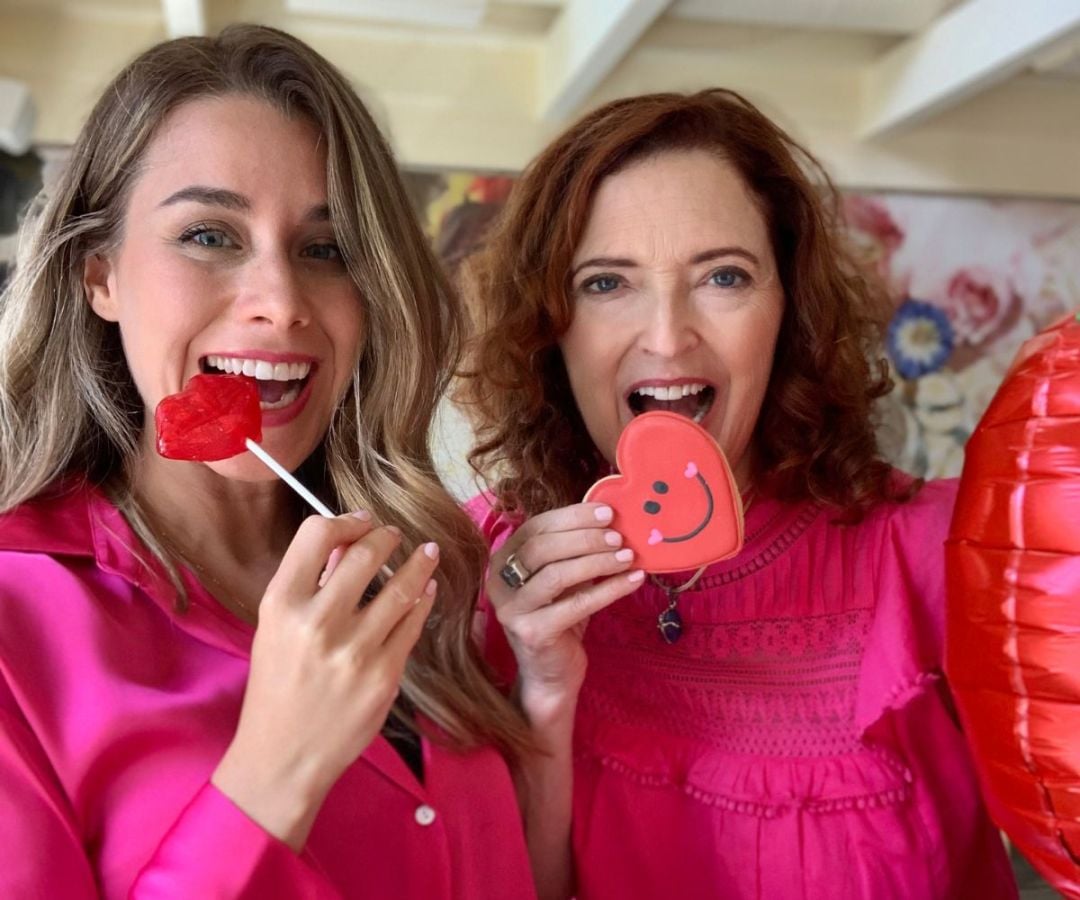Don’t Like Your CPAP? We Have a More Comfortable Option for Your Sleep Apnea

Fortunately, we offer alternatives at AnnMarie Olson DDS PA. Our team of compassionate and experienced dentists understands the impact that sleep apnea can have on your health: In addition to interfering with your quality of sleep, sleep apnea is linked to Type 2 diabetes, high blood pressure, stroke, and other severe health complications.
Here’s a look at how we can treat your sleep apnea with something more comfortable than a CPAP machine.
About sleep apnea
In most cases, when we talk about sleep apnea, we’re referring to obstructive sleep apnea — the most common type of this sleep disorder. Obstructive sleep apnea causes your throat muscles and other soft tissue at the back of your mouth to relax and block your airway while you’re sleeping. This stops you from breathing, and, in severe cases, it can happen dozens of times an hour.
Every time it happens, your brain registers the lack of oxygen and wakes you. You may not be aware of these episodes as you quickly fall back to sleep, but anyone sleeping next to you or in the same house hears you snoring, snorting, and gasping for breath.
Traditional sleep apnea treatment
One of the first treatments your doctor or dentist may recommend is a CPAP machine, which is a device with a breathing mask that delivers pressurized air into your throat to keep your airway open. CPAP is effective when used correctly, but it also has considerable drawbacks.
The mask can feel uncomfortable while you sleep. Additionally, the machine needs to be hooked up to a power source and makes noise, which can disturb both you and your bedmate.
A more comfortable sleep apnea treatment
At AnnMarie Olson DDS PA, we offer alternative, more comfortable, treatments for sleep apnea, including the TAP® 3 oral appliance. This customized oral appliance holds your lower jaw slightly forward while you sleep. This minor adjustment in jaw position prevents your tongue and other soft-tissues from blocking your airway.
Patients say the TAP 3 and other oral appliances are more pleasant to wear than CPAP, which means you’re more likely to use it every night. Oral appliances also aren’t noticeable to your bedmate once you place it in your mouth, so they provide restful sleep for both of you.
Getting fitted for a customized oral appliance is easy, and we do that right here in our office. Once your appliance is ready, we ensure that it fits your mouth correctly before sending you home to get a good night’s rest.
Don’t like your CPAP device? To learn more about successfully treating sleep apnea with an oral appliance, please give us a call at 512-212-5231 or schedule an appointment online today.



